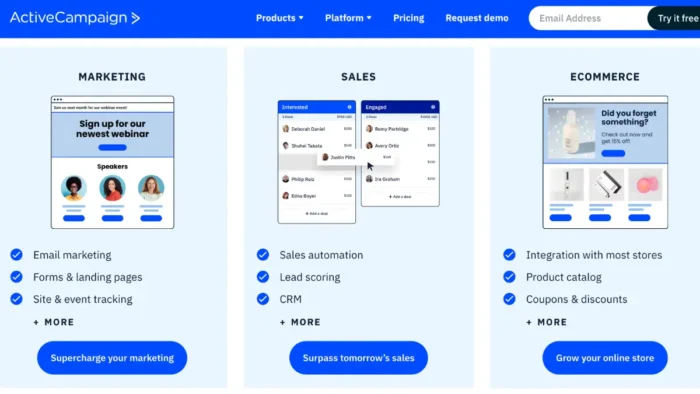Companies in any industry, of any size, and in any location can lean on the power of the internet to connect with millions of customers in an instant. However, simply having a website and a user-friendly platform isn’t enough these days. The term SEO flies around constantly among businesses that operate online, as it should be given its importance in creating a valuable, potentially profitable online experience. If you’re new to the business world and aren’t exactly sure what SEO means or why it’s vital to ongoing success, you’ve come to the right place.
First, What is SEO?
Search engine optimization, or SEO, is the process of creating an online presence that ranks highly on search engines and ultimately leads to increased quantity and quality of traffic flowing to a website. When companies are in the top few results after a user inputs a word or phrase into the search engine, that user is likely to select one of the highest-ranking results to get their questions answered. If they are looking for a specific product or service, the first handful of results is most likely going to receive that business thanks to their rank on sites like Google.
However, SEO goes beyond ranking well on search engines. Companies operating online need to entice potential customers to follow through with a sale or call to action once they have clicked through. While this guide does not go into the depths of these ancillary strategies, starting with a robust SEO scheme is necessary to gain traction online.
The Five Steps to Getting Started
Without an SEO strategy, it can be a challenge for businesses to get their websites – and eventually, their products – noticed online. For beginners, building out SEO may seem like a daunting task, but there are five relatively easy steps one can take to do so effectively. Fortunately, if these tasks don’t come naturally or they feel too time-consuming, businesses can utilize the expertise of an SEO marketing agency to satisfy this need. Often, working in partnership with an experienced agency can lead to greater results and a strategy that can be adapted as needed over time.
1. Understanding Keywords
It is impossible to optimize a website for organic search traffic if a business isn’t exactly sure what potential customers or clients are searching for online. Keyword research is a must in any SEO strategy for this reason. However, the process of understanding keywords isn’t as complicated as most think. Consider what you would search for when looking for a specific product or service, and apply the same common sense to what your customers might search for. After this easy step, businesses can dive deeper into keyword research with several different tools designed specifically for SEO strategies.
2. Focus on Page Structure
Next, businesses operating an online presence need to ensure their website is structured in the right way. This means focusing on the user’s experience, should they click through to the website, and providing easy-to-follow content and navigation frameworks. SEO also requires optimizing a page for search engine crawling. Although a more complex topic and an ever-changing target, SEO in this sense mean creating short, informational URLs, informational and relevant content, and details like meta titles and descriptions. These tactics help search engines find and evaluate the relevancy of a business website and connect that with individuals searching for specific topics online.
3. Optimise for Search Engines and Customers
After some keyword research and on-page structuring, SEO means having a site that performs well for both consumers and search engine algorithms. Businesses need to have a site that loads quickly, is mobile-friendly, and is secure. If you aren’t sure how to accomplish these tasks, work with a digital marketing agency to get up to speed on these crucial SEO implementation steps.
4. Include Link Building Strategies
Another factor that influences search engine algorithms and website ranking involve backlinks. There used to be a time when any link worked to improve this part of an SEO strategy, but now, the quality of links is far more critical than the quantity. Businesses should focus their time and effort on creating a link-building strategy that promotes relevant, high-quality content of their own and other related, authoritative sites.
5. Keep Track of What’s Working
Finally, companies getting started with SEO should have a system in place for tracking progress. Not every SEO strategy works immediately, nor does each component of a planned yield the same results. For these reasons, it is essential for businesses to know what is working and what isn’t, and have a method for adapting an SEO strategy over time.





